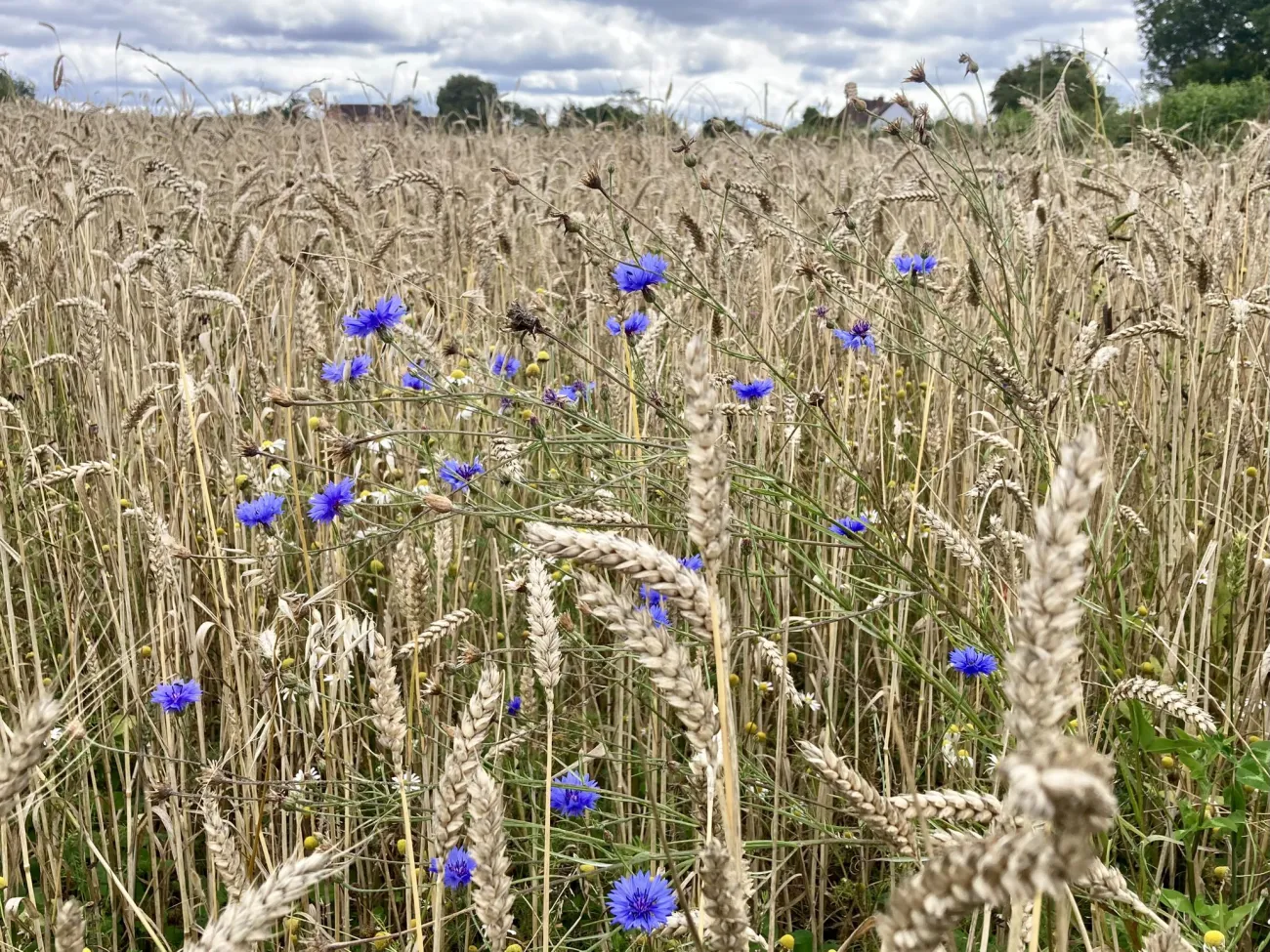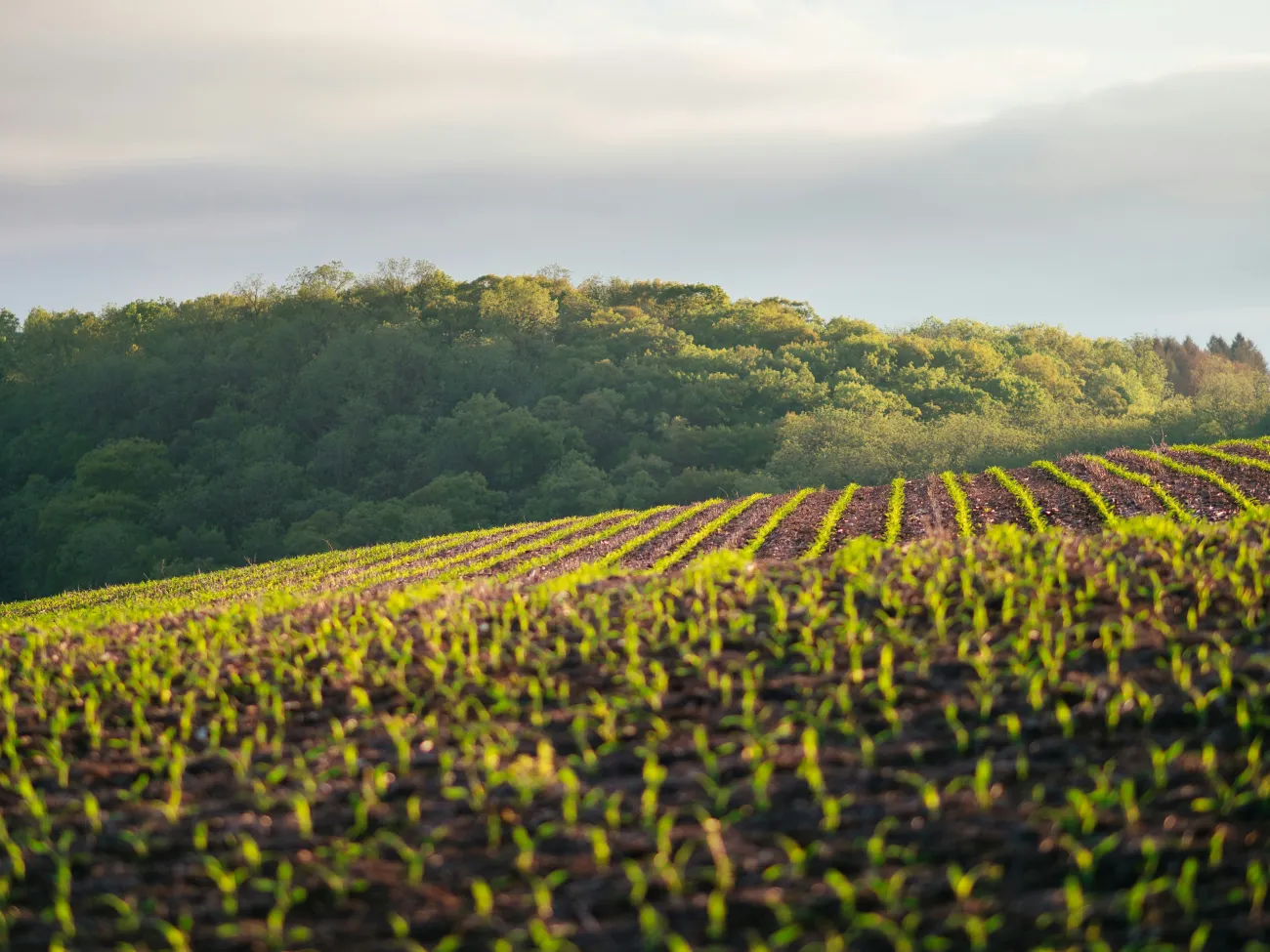This report is part of a series of annual progress reports by the Adaptation Sub-Committee to assess how the UK is preparing for the major risks and opportunities from climate change. Together these reports will provide the baseline evidence for the Committee’s statutory report to Parliament on preparedness due in 2015.

The report from the UK’s Committee on Climate Change reviews some of the key ecosystem services provided by the land. Specifically, the report addresses the use of land to continue to deliver important goods and services in the face of a changing climate and explores the extent to which decisions about land use are helping the country to prepare for climate change. It examines what a changing climate could mean for the land's ability to supply goods and services such as food and timber, wildlife habitats, carbon storage, water regulation and defending the country's sea coast.
The report argues that climate change could pose risks to the UK's ability to produce its own food within ten to fifteen years if the government doesn't change the way water resources are managed. The CCC says higher temperatures and longer growing seasons may provide opportunities for farmers in this country - but not if water scarcity or loss of soil fertility limits production. Government should therefore press on with plans to price water according to its scarcity.
The report’s main message is that farming practices must change to maintain UK food production in a more extreme climate. It also emphasizes that ecosystems in good condition are more likely to cope with the additional pressures from climate change, and that many low-regret opportunities exists to improve resilience to climate change. It analyses the government’s policy goals and identifies policy gaps stating that it remains somewhat unclear how the goals will be met in practice. Finally, the report encourages the government to focus on implementing current regulations and to ensure that ecosystems services are reflected in decision-making.
Key recommendations are as follows
- Providing food. The Government should press on with reforming the water abstraction regime to incentivise efficient on farm water management. Advice to farmers should be strengthened and streamlined to ensure they are able to make the most of the latest research findings on preparing for climate change, including on good soil management and pest and disease control.
- Providing habitats for wildlife. The condition and extent of wildlife habitats could be improved through fuller implementation of existing regulations and stronger incentives for habitat protection and creation. This will give wildlife the best chance of surviving in the face of the uncertain impacts of climate change.
- Storing carbon in upland peat and regulating water flows. A tripling of the area of upland peat under restoration could be delivered by enforcing existing regulations and putting a price on the services that restored peatlands provide. This would help secure carbon stores worth billions of pounds against the risk of loss due to climate change and damaging land use practices.
- Enhancing flood protection provided by coastal habitats. Realigning coastal defences in undeveloped locations will help to reduce risks of coastal flooding and habitat loss due to sea level rise. The Environment Agency and local authorities should work together on a clear implementation programme in order to speed up the rate of coastal realignment.
For the full story and for links to the executive summary and full report, click here. For the press release, see here.
There is also coverage of this report in the Carbon Brief and the Guardian.




Comments (0)